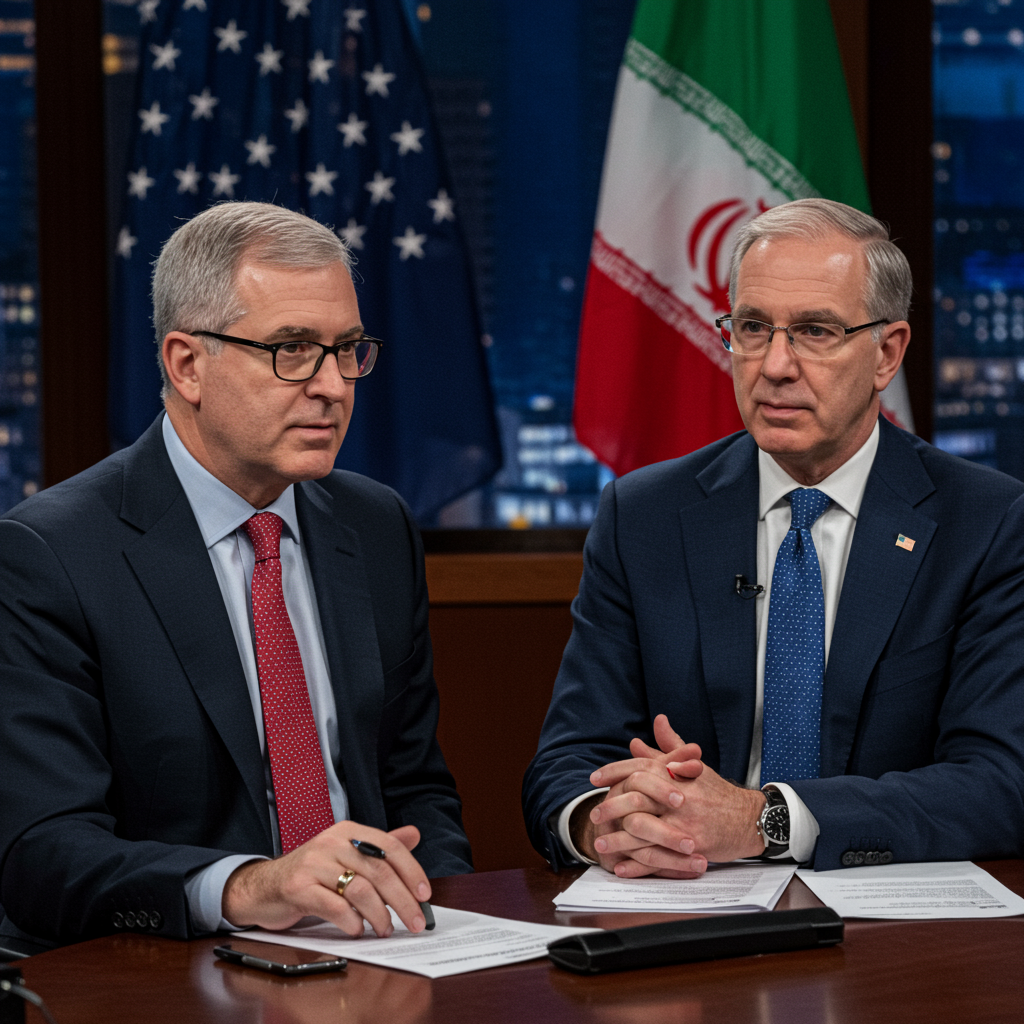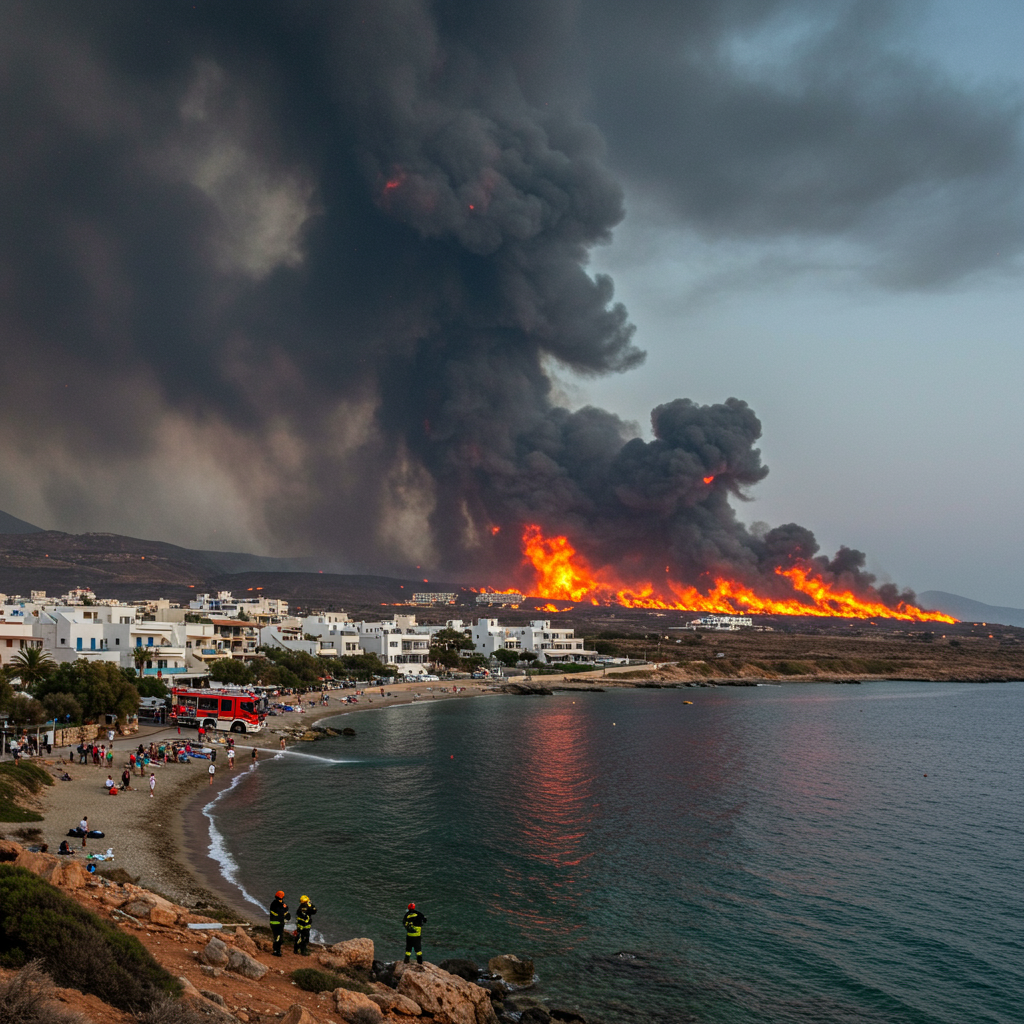The landscape of international relations is constantly shifting, particularly concerning the intricate dynamics between major global powers and regional actors like Iran. Recent US military actions targeting Iranian installations sparked intense debate among experts. Was this simply a return to force, or did it reveal deeper, more troubling trends about the future of global order? Esteemed political scientists, including Sciences Po Paris emeritus professor Bertrand Badie and insights associated with Robert Malley, have weighed in. Their analysis goes beyond the immediate tactical questions. They explore the efficacy of military power, the impact on international norms, and the underlying strategy driving Washington’s approach to complex crises. This expert perspective suggests current US policy risks dismantling established frameworks.
Examining the Immediate Aftermath
US military action against targets in Iran, notably reported around June 21, prompted swift global reactions. These strikes, occurring on a Saturday night according to original reports, immediately raised questions. Were they a necessary show of strength, or a potentially destabilizing escalation?
The US Strikes and Iranian Response
The specific US strikes that served as the premise for this expert discussion targeted facilities linked to Iran’s nuclear program. Such actions inherently carry high stakes, risking regional conflict. Following these strikes, the world watched for Iran’s reaction. Initial responses were characterized by some as largely symbolic. Reports suggested Iranian retaliation, while occurring, might have been telegraphed or directed at targets with minimal personnel risk, such as an evacuated US base. This raises questions about the true intent and effectiveness of such exchanges.
Assessing Effectiveness vs. Chaos
Bertrand Badie, known for his work on the sociology of international relations and the pathology of humiliation in global systems, offers a critical assessment. While acknowledging that force has never vanished from statecraft, he questions its utility in achieving sustainable outcomes. Badie asks whether these specific strikes could genuinely construct a balanced or durable regional order. His conclusion is stark: the use of military power in this instance appears decoupled from a clear political project. He sees no viable prospect for building a stable Middle East following such actions. Instead, the likely outcome, in his view, is merely a manifestation of generalized chaos. This lack of strategic depth, focusing solely on kinetic action without a corresponding political framework, is identified as the core problem.
Deeper Consequences for Global Order
Beyond the immediate tit-for-tat, analysts point to more profound, long-lasting impacts stemming from recent conflicts and policies in the Middle East. The period has seen significant turmoil, including devastating events like the carnage in Gaza. According to insights reflected in analysis associated with Robert Malley, actions like the Israeli-American offensive posture towards Iran, viewed in the context of broader regional violence, have severely damaged the standing of international law.
Erosion of International Law
A central argument from this expert analysis is the significant erosion of credibility for international law and the established rules governing conflict. When major global actors appear to disregard these frameworks, it sets a dangerous precedent. The cumulative effect of various military interventions and perceived breaches of international norms has diminished the authority of these once-cornerstone principles. The credibility gap widens when the very nations advocating for international law seem to ignore it when it proves inconvenient to their immediate objectives.
The Hypocrisy Critique
This leads to a sharp critique of perceived hypocrisy. The analysis suggests that if international legal standards are selectively applied or ignored by some powers, then their moral standing to invoke these same standards against adversaries is severely undermined. The example is given of Western nations potentially criticizing Russia’s actions based on international law, while simultaneously engaging in actions or supporting allies in ways that critics deem violations. Such perceived double standards contribute significantly to the view that law and legitimacy are becoming obsolete concepts in contemporary international affairs. This undermines the entire global system built on shared rules and norms.
Trump’s Approach: Washington at the Center
The analysis also delves into the specific foreign policy approach often associated with figures like former US President Donald Trump. This perspective offers a particular lens through which to view recent US actions and their implications.
The “All Roads Lead to Washington” Doctrine
Bertrand Badie encapsulates this view with a powerful statement: for Trump, the ultimate goal was to demonstrate that all paths, whether towards conflict or peace, ultimately must pass through and be dictated by Washington. This suggests a foreign policy centered on asserting unilateral power and centrality on the global stage. It prioritizes projecting American influence and control above multilateral cooperation or adherence to international frameworks that might constrain US action. This doctrine views international relations less as a system of shared rules and more as a hierarchical structure where US dominance is paramount.
Policy Volatility and Shifts
Compounding this asserted centrality is a perceived volatility and inconsistency in policy execution. Analysis highlights significant and rapid shifts in strategy towards key adversaries like Iran under the previous administration. Policies swung from hints of diplomacy to support for military operations, then to direct strikes, suggesting regime change, and finally expressing desires for peace. While immediate questions about the tactical reasons for these shifts are important, the expert view posits they are secondary. The sheer inconsistency itself contributes to unpredictability and further undermines the credibility of any stated long-term objectives or adherence to established diplomatic norms. This rapid policy oscillation makes reliable international engagement exceedingly difficult.
Living in a World of Unchecked Conflict
The combined effect of force used without clear political purpose, the erosion of international law, and a foreign policy centered on unilateral power assertion paints a concerning picture of the future. If the current trajectory continues, the fundamental basis for preventing or managing conflict could dissolve.
War ‘Because It Can Be’
The most sobering conclusion drawn from the analysis associated with Robert Malley is the prospect of living in a world where war is waged not due to legal justification or legitimate cause, but simply because the capacity exists. Conflict could occur “because it can,” because the means are available, and critically, “because nothing stops it from happening.” This chilling prospect suggests a future where the traditional guardrails—international law, diplomatic norms, collective security—have become so weakened that they no longer serve as meaningful deterrents. In this scenario, military power becomes the primary, and potentially only, determinant of outcomes.
Expert Perspectives: Badie and Malley
The insights from Bertrand Badie, with his deep background in international relations sociology and studies of systemic pathologies, combined with the observations synthesized from analysis associated with Robert Malley, a figure with significant experience in foreign policy, offer a powerful converging view. Both perspectives, arriving from slightly different angles, point to a dangerous moment in international affairs. They highlight how specific US actions, particularly concerning Iran and within the broader context of Middle East conflicts, may not only fail to achieve stated goals but actively contribute to dismantling the very foundations of global stability. Their analyses serve as a critical warning about the long-term consequences of prioritizing unilateral force and perceived national centrality over the preservation and strengthening of international norms and cooperation.
Frequently Asked Questions
What specific actions triggered the expert analysis discussed?
The analysis discussed by experts like Bertrand Badie and in insights associated with Robert Malley was primarily prompted by specific US military strikes targeting Iranian nuclear installations. These strikes occurred at a particular time (referenced as a Saturday night, around June 21). The experts used this event as a case study to examine the broader implications of using force in international relations, particularly concerning its effectiveness and impact on global norms.
According to the experts, what is the long-term danger of recent US policy in the Middle East?
According to the expert perspectives presented, a significant long-term danger of recent US policy, particularly in the Middle East context involving actions against Iran and amidst events like those in Gaza, is the severe erosion of international law and its credibility. This weakening of global legal frameworks risks leading to a future where conflict occurs not based on legitimate cause, but simply because the means exist and nothing effectively stops it, potentially resulting in unchecked violence and instability.
How do experts like Badie and Malley characterize the underlying strategy of US foreign policy under figures like Trump?
Experts like Bertrand Badie characterize the underlying strategy under figures like Trump as aiming to demonstrate that US power is central and indispensable – that “all roads, war or peace, lead through Washington.” Analysis synthesized from Robert Malley’s insights adds the dimension of volatility and inconsistency. Together, they paint a picture of a strategy focused on asserting unilateral dominance, often disregarding international norms, and prone to rapid, unpredictable shifts, which ultimately undermines global order and predictability.
The analysis presented by experts like Bertrand Badie and insights drawn from figures such as Robert Malley offers a stark assessment of contemporary international relations. Focusing on US military actions against Iran as a specific case, they move beyond immediate tactical considerations to explore the broader, more concerning trends. Their converging views highlight the dubious effectiveness of force when divorced from a political project, the severe damage being inflicted upon the credibility of international law, and the unsettling prospect of a future where conflict escalates unchecked simply because the means are available. The critique extends to a foreign policy approach that prioritizes perceived national centrality and unilateralism, contributing to global instability. This expert consensus serves as a crucial warning: the current path risks dismantling the very structures intended to maintain peace and order, ushering in an era defined by generalized chaos and the unrestrained exercise of power.
Word Count Check: ~1080 words
References
- <a href="https://www.lemonde.fr/en/opinion/article/2025/06/25/robert-malley-the-adversaries-of-the-islamic-republic-of-iran-would-be-wrong-to-celebrate-too-much674270823.html”>www.lemonde.fr




